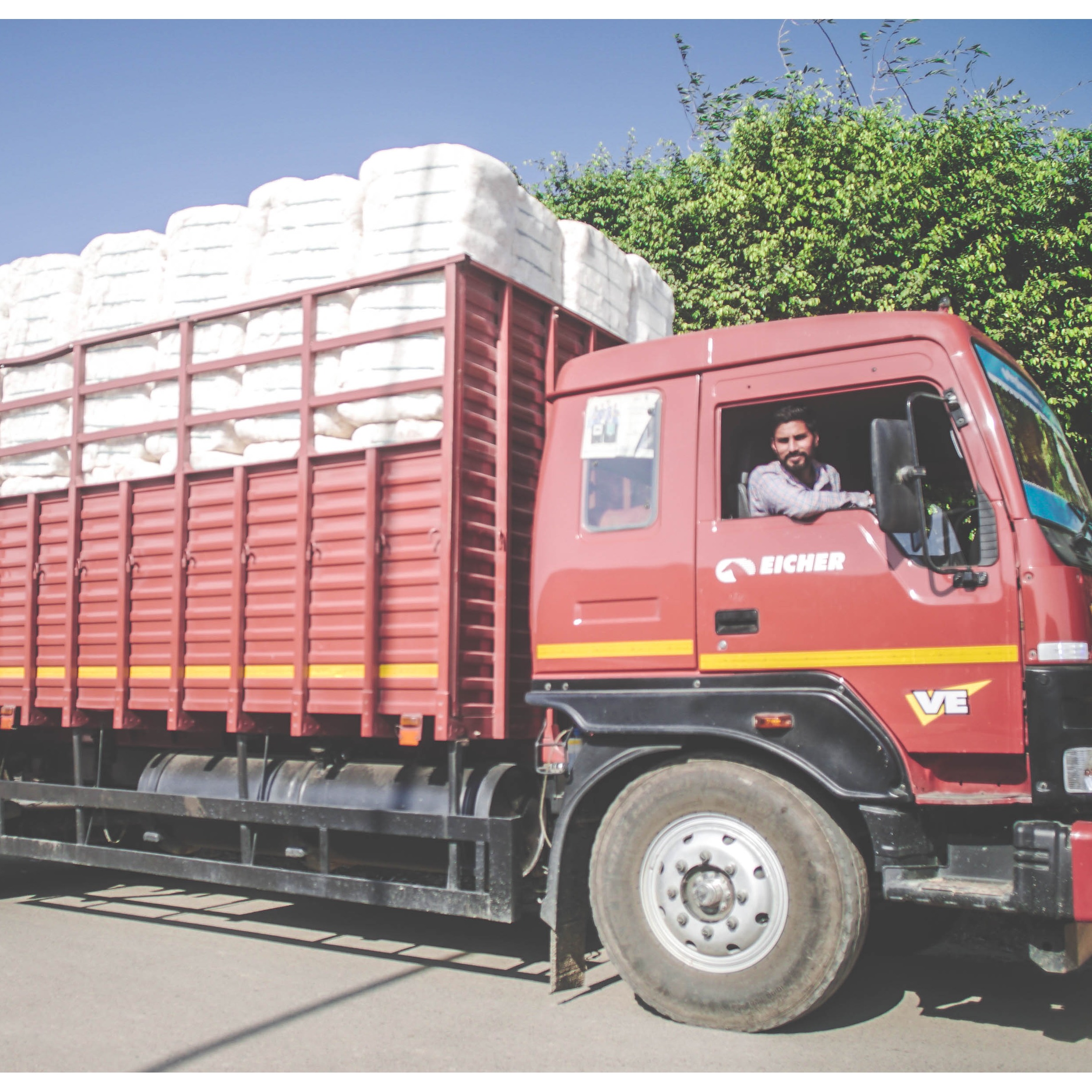we're making changes to our pricing. Here's why...
Doing things sustainably costs more.

Raw cotton pricing
There has been an acute shortage of good-quality organic cotton in India where we source. This was due to a combination of factors such as decertification of some farmers and mills that were involved in fraudulent practices (up to 15% of the supply), low yields and quality issues owing to unseasonal rain. On the other side demand for organic cotton has increased significantly (this is a good thing) but it has created uncertainties and speculation in the market.Prices are increasing almost every day and the situation is not expected to get better until this coming harvest (which is soon). Yarn prices have gone up as much as 50% in the last year and there is very limited availability of quality organic cotton. Mills are struggling to get raw material. As a result we are seeing increases to lead time and in some cases, fabric mills have stopped accepting orders for GOTS certified products completely.
Transportation and living wages
Like all companies that use global shipping networks, we have seen major disruption over the past 18 months, primarily as a result of disruptions relating to Covid-19. This has of course increased transportation costs. In just one example we saw shipping prices double in the space of six weeks. Costs aside we are finding it difficult to even secure space on shipping vessels. A task that previously took a couple of hours is now taking weeks of follow ups to move product through the network.Labour prices continue to increase (another good thing) and we remain committed to our living wage certification. We are proud to be a Living Wage Certified company but increases in wages understandably increase our operating expenses.
Again cost aside, Covid 19 has significantly disrupted the labour market and many of our suppliers are operating at reduced capacities as staff have returned to villagers or are otherwise occupied caring for family.

Other costs & end of life solutions
We are always looking to improve what we are doing. These decisions are often more costly both in terms of real costs and the labour costs associated with both researching and implementing them. When we noticed that one of our main waste streams was the backings from courier labels we researched and identified a compostable option; these cost roughly three times more than the non compostable alternative. Similarly the paper tape we use is six times more expensive than the plastic alternative.Several years ago we pledged to provide an end of life solution for our products. We now have these solutions in place, but these aren't free. Rather than charge people to return our products we have chosen to incorporate that upfront into the purchase price. Returning them to us is free. We have been absorbing this cost until now, so our new pricing structure is also reflective of this change. We also accept back other brands products. We will continue to charge for this as we're sure you'll agree, it's not our responsibility to subsidise this cost for other brands.
What this means
All of this means we need to increase our prices. We are absolutely in support of rising costs and we see this as a positive thing, but with so many cost increases we are no longer able to absorb them ourselves. As a result we have decided to increase the pricing on our most popular products, those being our tees and polos. Therefore our Tui and Bellbird tee which was previously $35 will now retail for $45. Our long sleeve options, which cost slightly more to produce will increase to $49 and our Polos will now be $54. Stripes and prints which are more expensive to produce will be slightly more again.







-unde21.jpg)



Leave a comment (all fields required)